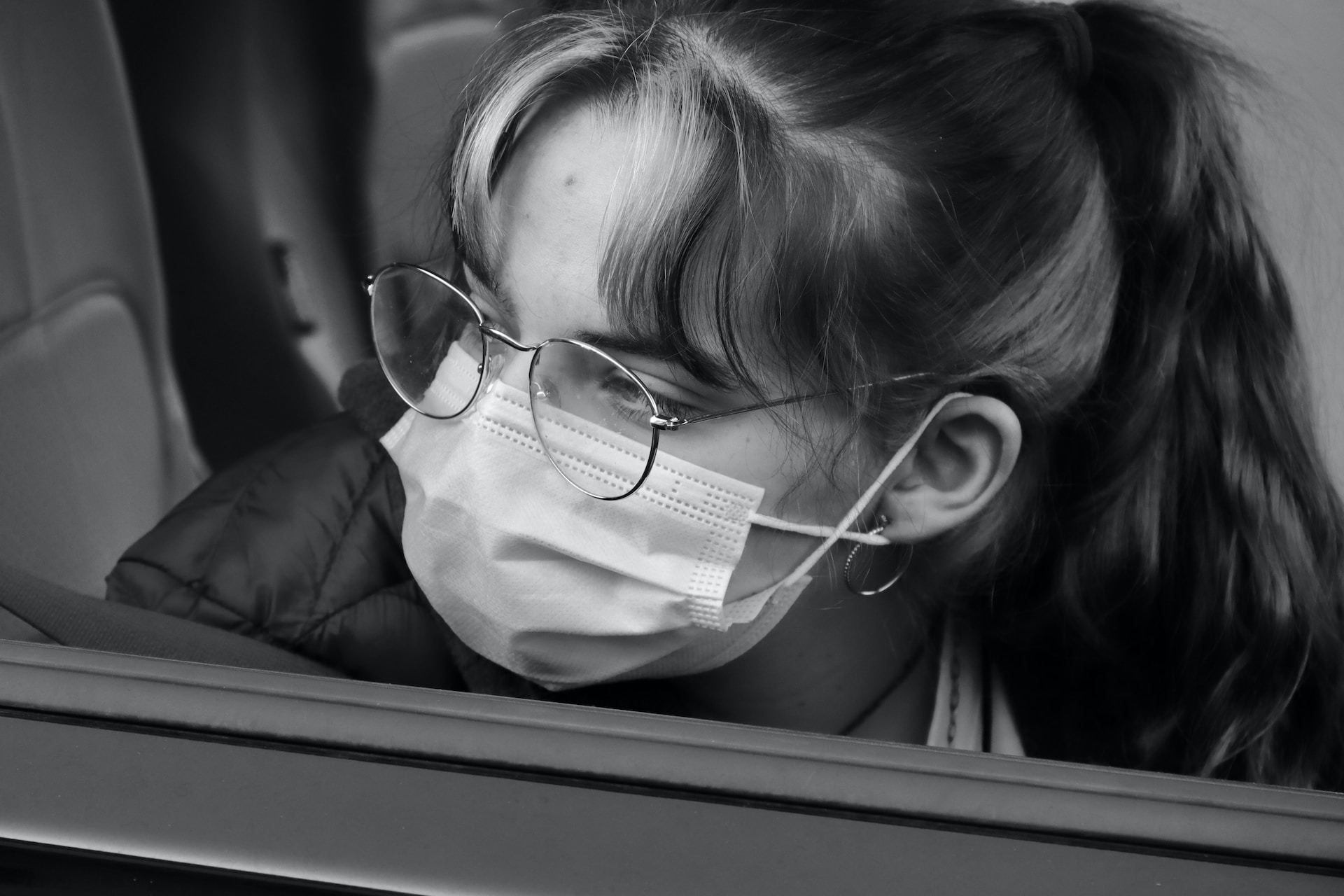News release
From:
COVID-19 Modelling Aotearoa used a mathematical model to investigate the potential impact of shifting
from mandatory COVID-19 case isolation to case isolation guidance on the number of infections, hospital
admissions, and deaths over the next 6 months.
Irrespective of legal requirements, staying at home when sick is an important public health message for
reducing disease transmission.
In the model, ending mandatory case isolation caused a wave of infections in the subsequent 1-2 months.
Under our best estimate, ending mandatory case isolation led to a 13-25% increase in the total number
of COVID-19 hospital admissions and deaths in the subsequent 6 months. After 4-6 months, infections
settled to a level that was only slightly higher than if mandatory isolation was maintained. However,
relative increases in severe health outcomes in the longer-term tend to be slightly larger than the
associated increase in infections. This is because the additional infections caused by the transmission
increase tend to occur disproportionately in older age groups due to their lower rates of prior infection.
There is a lot of uncertainty about the exact impact of replacing mandatory isolation with guidance,
because firstly the current behaviour of people with COVID-19 is not well known and secondly the change
in behaviour in response to the policy change is difficult to predict. Not everyone follows the current
requirements, while others will continue to follow isolation guidelines even if they are no longer
mandatory.
To account for some of this uncertainty, we ran alternative model scenarios. In a scenario with a smaller
transmission increase, which could occur if many people continue to test and isolate, the increase in
hospital admissions and deaths could be as low as 6%. In a scenario with a larger transmission increase
where more people leave their dwelling while infectious, the increase in hospital admissions and deaths
could be over 35%.
An important note is that the results only relate to total national numbers and that this modelling
assumes that the change in behaviour is the same across the whole population. It is likely that groups at
higher risk of severe COVID-19, including Māori and Pacific people, and shielding individuals will be
disproportionately affected by an increase in transmission.
This modelling assumes that the behavioural change in response to any policy update occurs
immediately. If instead the behavioural change occurs more gradually, this would reduce the size of the
initial peak and lead to a more gradual transition onto the same long-term trends. The model results
suggest that, beyond the 4-6 months following a policy change, long-term outcomes are relatively
insensitive to the timing of any decision to end mandatory isolation.
The modelling does not include considerations such as the effect of new variants of concern or seasonal
effects. However, we believe that the relative changes due to ending isolation are robust under a range
of underlying transmission environments.



 New Zealand
New Zealand



